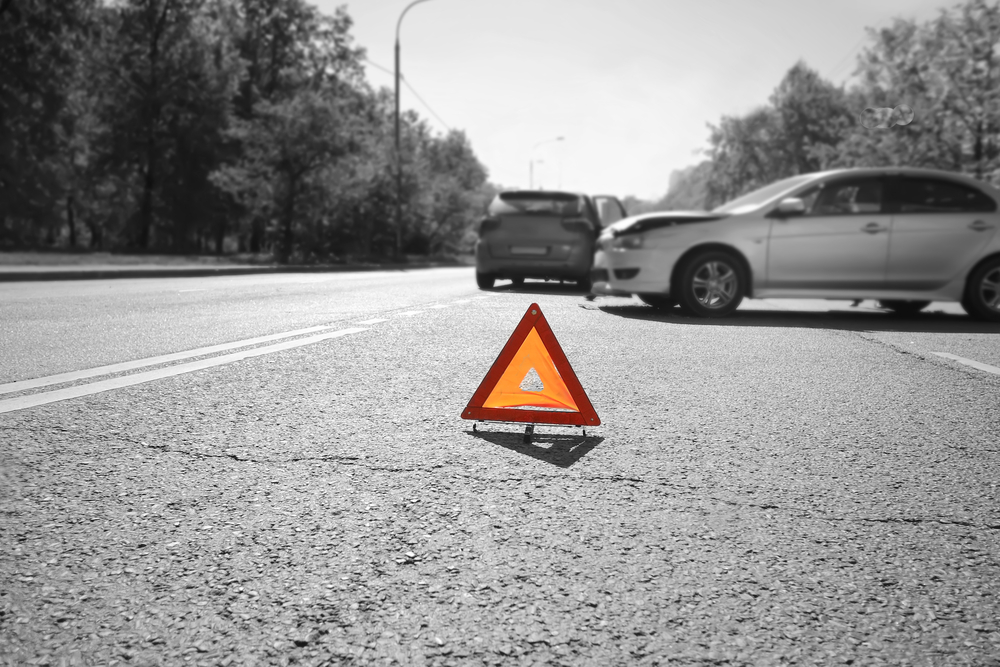Personal Injury Lawyer
An emergency car kit is an essential item that every driver should have in their vehicle. It can prove invaluable in various situations, from minor incidents to serious emergencies. Having the right supplies readily available can help ensure your safety and make the difference between a minor inconvenience and a potentially life-threatening situation. A personal injury lawyer shares the following list of essential items to include in your emergency car kit:
First Aid Kit:
It is necessary to have a well-stocked first-aid kit in the car. Include adhesive bandages, gauze pads, antiseptic wipes, adhesive tape, scissors, tweezers, pain relievers, and any necessary prescription medications.
Jumper Cables:
Dead car batteries are a common issue, and having a set of jumper cables can get you back on the road quickly. Learn how to use them safely and efficiently.
Spare Tire and Tools:
Flat tires can occur unexpectedly, so ensure your car has a spare tire in good condition. Additionally, have the necessary tools like a lug wrench and jack to change the tire if needed. Regularly check your spare tire’s air pressure.
Tire Sealant/Aerosol Tire Inflator:
In some cases, a flat tire cannot be repaired by simply changing it. A tire sealant or aerosol tire inflator can temporarily fix until you reach a repair shop.
Reflective Warning Triangles/Flares:
These items help increase your visibility in case of a breakdown or accident. Place them a safe distance behind your vehicle to warn oncoming traffic.
Fire Extinguisher:
Car fires can be catastrophic, and having a fire extinguisher on hand can help prevent a small fire from spreading. Ensure it’s rated for use on flammable liquids and electrical fires.
Multi-Tool:
A versatile multi-tool can be handy for various tasks, such as cutting seat belts or breaking glass in an emergency.
Flashlight and Extra Batteries:
A reliable flashlight is crucial, especially if you are stranded at night. Make sure you have extra batteries, or opt for a rechargeable flashlight.
Bottled Water and Non-Perishable Snacks:
Storing some water bottles and non-perishable snacks, like granola bars or nuts, can help keep you hydrated and provide sustenance during unexpected delays.
Blanket or Warm Clothing:
If you’re stranded in cold weather, having a blanket or warm clothing can provide comfort and help prevent hypothermia.
Mobile Phone Charger:
Keep a car charger for your mobile phone to ensure you can make emergency calls or use your phone for navigation purposes.
Duct Tape and Zip Ties:
These items have multiple uses in temporary repairs and securing loose parts until you can reach a repair facility.
Paper Maps:
While GPS systems are commonly used, it’s essential to have a backup plan in case of signal loss or device failure. Keep paper maps of your local area or any areas you frequently travel through.
Rain Poncho and Umbrella:
Unforeseen weather conditions can leave you soaked and vulnerable. Pack a rain poncho or umbrella to stay dry during such situations.
Cash:
Having some emergency cash can be useful if you need to pay for sudden expenses or come across places that don’t accept electronic payments.
Remember to check and replenish your emergency car kit items periodically. Please familiarize yourself with the contents and know how to use them properly. Being prepared can enhance your safety and minimize the impact of unexpected situations while on the road.
![Dark-Logo[3]](https://hayhurstlaw.com/wp-content/uploads/2021/07/Dark-Logo3.png)

